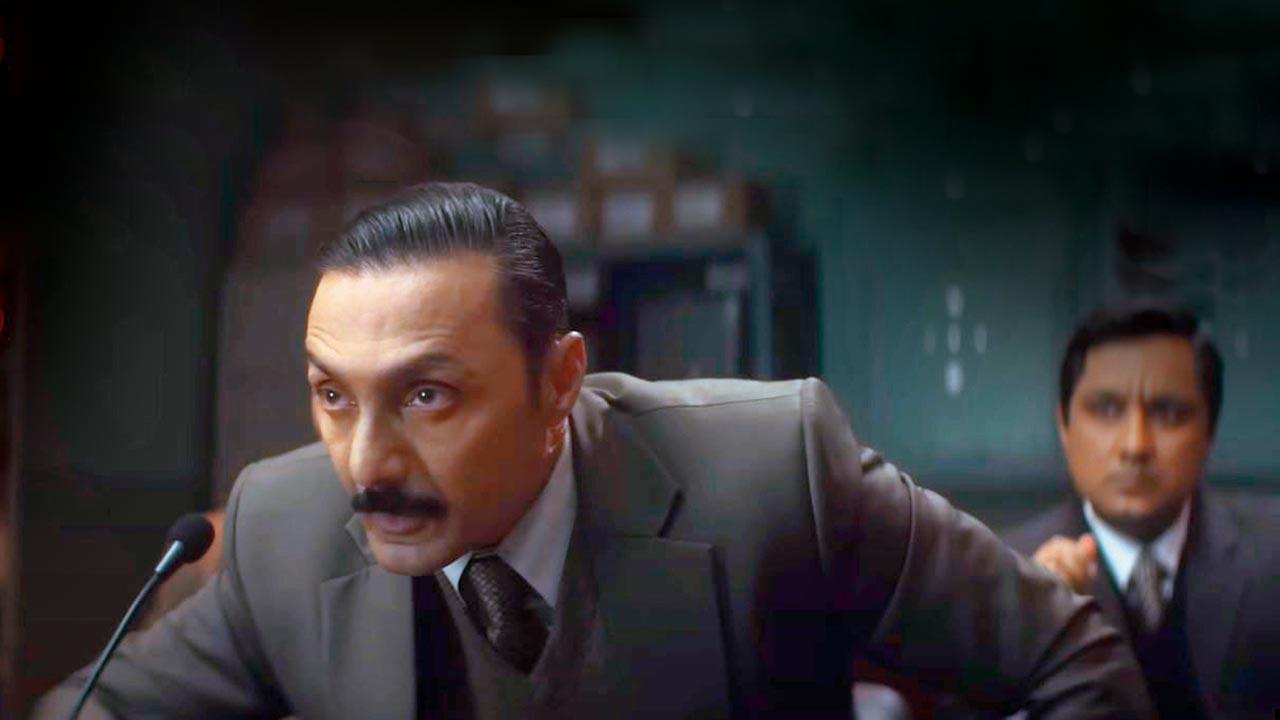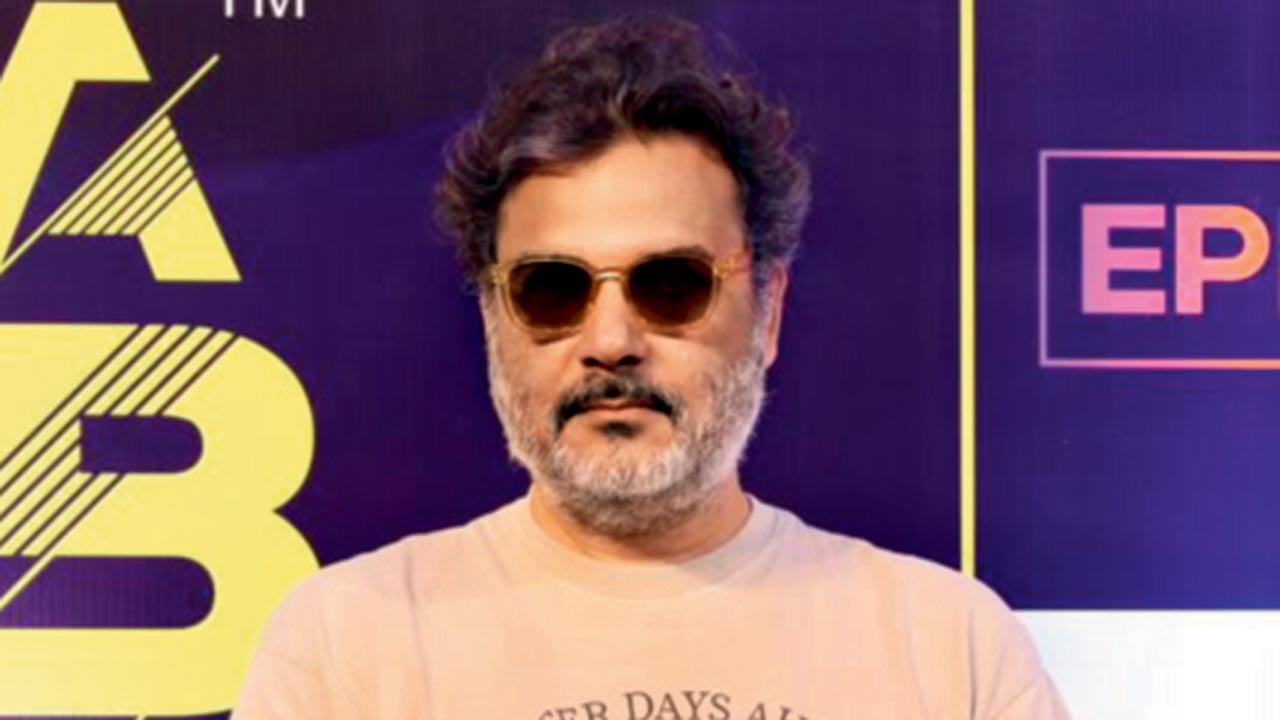As he fronts Berlin, Rahul Bose glad that star-obsessed industry has realised the importance of good writing and now gives primacy to writers

A still from the film
Every question we ask Rahul Bose is met with wit and dry humour. So, we aren’t surprised when the actor-filmmaker reveals he has cracked a hilarious script for his next directorial venture. However, he says some people were surprised to see such a script coming from him. “Someone told me, ‘You couldn’t have written it. It’s funny!’ That’s the greatest compliment I’ve received for it,” he laughs, before adding, “The person said, ‘It’s [mainstream]. It’s a riot, it’s not from you. We’ve never seen this Rahul before.’”
Bose, who made his directorial debut with Everybody Says I’m Fine (2001), following it up with Poorna (2017), will wield the directorial baton again sometime next year for the new script. But before that, the actor in him is reporting to duty for Berlin. Bose plays an intelligence officer in ZEE5’s upcoming bureaucratic thriller that also stars Ishwak Singh and Aparshakti Khurana. Ask him what drew him to the Atul Sabharwal-directed thriller, and pat comes another joke. “Atul gave me lots
of money!”
 Atul Sabharwal
Atul Sabharwal
Jokes aside, the actor says the magic lay in Sabharwal’s script that is set in 1993 and revolves around Indian intelligence officers racing against time to prevent the Russian President’s assassination in India. In a way, the taut storytelling reminded him of renowned British author John le Carre’s works. “The interiority, the silences and the slow burn are reminiscent of John le Carre novels. It’s not about good versus bad guys. Everybody seems to be on the same side. But who is black, white and grey? It’s not driven by a plot; it’s shadowy, and as an audience, you don’t know whom to back. My character is at a desperate point in his career and propelled by a desire to win at all costs. For that, he is ready to bring everything and everyone down.”
Since the beginning of his career, the actor has been a part of substance-driven stories—from Mr and Mrs Iyer (2002) to Chameli (2003), from Anuranan (2006) to Bulbbul (2020). Today, he finds one big change in the industry’s working. “There is demand for better writing. The industry has understood that besides two or three charismatic superstars of the past, who can pull off an average script, nobody else can. Writers, thank God, are getting primacy that they never had before.”
 Subscribe today by clicking the link and stay updated with the latest news!" Click here!
Subscribe today by clicking the link and stay updated with the latest news!" Click here!










